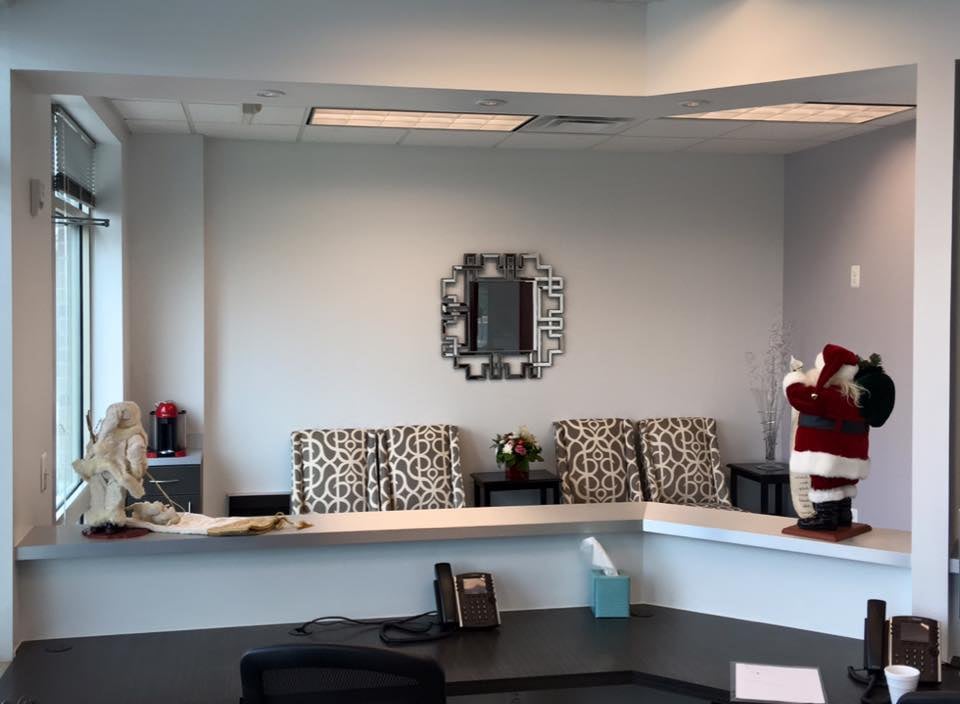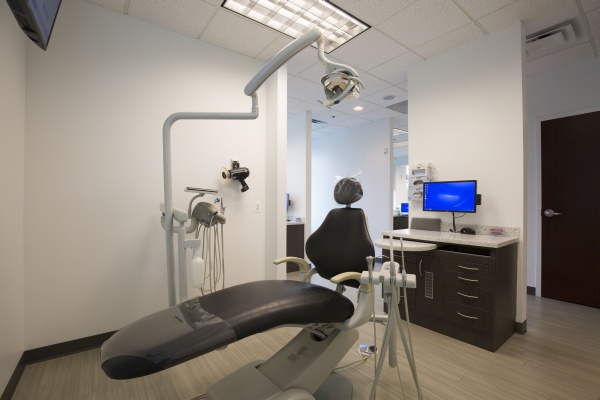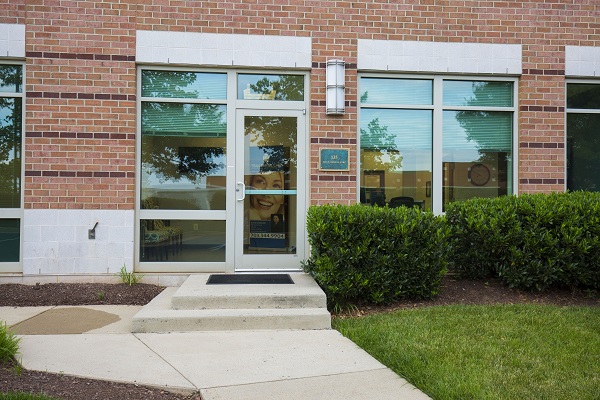How Is Sleep Apnea Diagnosed?

Sleep apnea is a choric sleep disorder where the patient’s breath is interrupted several times during sleep. If left untreated, sleep apnea will cause the patient to stop breathing intermittently while sleeping. This article focuses on how dentists diagnose the condition.
Diagnosing sleep apnea
Sleep apnea diagnosis is simple and straightforward. If the dentist believes that you have symptoms that indicate sleep apnea, then they may recommend sleep evaluation with a sleep dentist or request an overnight sleep study to objectively check for sleep apnea. In some situations, they may recommend a home sleep test (HST) instead.
Sleep study
Also known as a polysomnogram (PSG), this sleep study is a multiple-component test that electronically sends and records certain physical activities during sleep. During the test, different body functions, such as electrical activities in the brain, eye movement, heart rate, muscle activity, air flow, breathing patterns and blood oxygen levels are monitored and recorded.
The recordings made during the test are analyzed by a professional sleep specialist to know if the patient suffers from sleep apnea or another form of sleep disorder. If sleep apnea is detected, another sleep test may be requested to determine the best treatment approach.
What happens during the sleep study?
On the sleep examination night at the sleep center or hospital, the patient will be assigned a private bedroom. A central monitoring area will be close by for technicians to supervise the patients sleeping.
During the sleep study, the technicians will place surface electrodes on the face and scalp, which will transmit the electrical signals to the measuring device. The signals, which are generated by the activities of the brain and muscles, will then be recorded digitally. Belts will be placed around the patient’s chest and abdomen to measure breathing. A bandage-like oximeter probe will be attached to the patient’s finger to measure the level of oxygen in the blood.
The equipment may seem a little difficult, but most people fall asleep easily without aid. Also, there is more portable equipment for home tests, especially in mild cases.
Home sleep test
A home sleep test is a custom type of sleep study that is performed in the comfort of the patient’s home. It records fewer body activities than a PSG, such as breathing effort, blood oxygen levels, airflow and snoring, to ascertain a diagnosis of moderate to severe obstructive sleep apnea. It is not suitable for use on patients who show no symptoms. It is also not applicable for patients with chronic medical issues such as neuromuscular disease, cardiovascular disease or pulmonary disease.
Dentists will not recommend them for patients who have other sleep disorders, such as restless leg syndrome, insomnia, parasomnias, circadian rhythm disorders or narcolepsy.
If the results are abnormal, the dentist might be able to recommend suitable treatment without additional testing. Portable monitoring devices are not effective for all cases of sleep apnea. This means that the dental expert might still recommend polysomnography even if the first results are normal.
Final note
Sleep apnea can be life-threatening if left untreated. If you suspect you or a loved one exhibits symptoms of the condition, do not hesitate to reach out to the dentist for a diagnosis.
Request an appointment here: https://www.titandentalcare.com or call Titan Dental Care at (703) 745-3227 for an appointment in our Sterling office.
Check out what others are saying about our services on Yelp: Read our Yelp reviews.
Related Posts
It is important to adjust dentures when they cause concerns to help ensure the issues are resolved and to avoid more severe concerns and the need for denture replacement. Denture adjustments may be necessary when your dentures do not fit properly, experience minor damage, or are outdated and worn down.A denture adjustment involves minor improvements…
tooth fillings offer a simple approach with little to no pain. This dental restoration treatment has long been the standard for restoring and rebuilding teeth damaged by cavities, injury, or minor imperfections such as chips or cracks. When considering different dental restoration options, it is a good idea to get familiar with how each procedure…
An in-office professional dental cleaning is a crucial aspect of maintaining good oral health. While oral hygiene done at home is a great way to keep the teeth and gums healthy, it is important to see a general dentist on a regular basis for cleanings and examinations. Dental cleanings are simple, easy, and relatively painless,…
Choosing a general dentist to straighten your teeth is a great idea. General dentists are primary care dental providers, which means they understand everything there is to know about diagnosing, treating, and managing their patients' oral health. This type of dentist is the first dentist you would make an appointment with when experiencing any dental…


